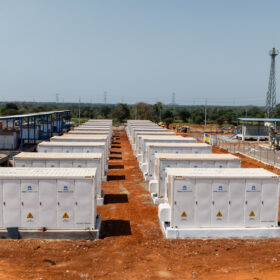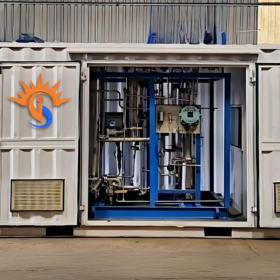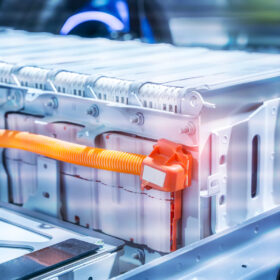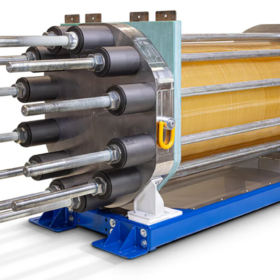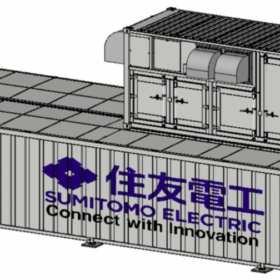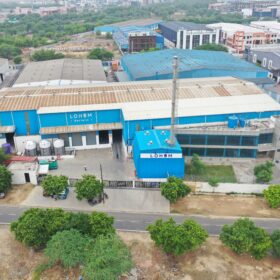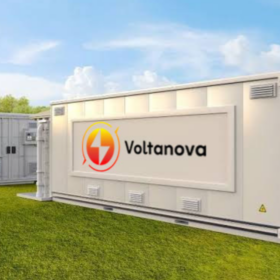India must aim for 600 GW of clean energy capacity by 2030: CEEW
A CEEW study says that if India’s power demand were to continue to outpace current projections, the nation must target 600 GW of non-fossil capacity by 2030 to meet the demand most reliably and affordably.
Group Surya secures EPC package for solar hydrogen microgrid in Ladakh
Surya International has won EPC package for a solar-hydrogen-BESS based 200 kW microgrid at Chushul, Ladakh. The project will supply round-the-clock renewable power in off-grid defense locations under extreme climatic conditions.
Global battery industry enters new phase, says IEA
The industry will reach the 1 TWh demand milestone in 2024, with China producing more than three-quarters of the batteries sold globally. The concentration of the production chain in the country has led to a fall in costs and a possible technological shift with the focus on LFP batteries. Cooperation between countries can be strategic to diversify the battery production chain and create sustained demand, assesses the International Energy Agency.
The Hydrogen Stream: BGR Tech partners alkaline electrolyzer manufacturer Stargate for green hydrogen projects in India
BGR Tech will integrate Stargate’s alkaline electrolyser stacks with its in-house developed balance-of-plant to execute green hydrogen production projects in India.
Vikram Solar to enter solid-state battery manufacturing
Indian PV manufacturer Vikram Solar will launch a 1 GWh fully integrated solidstate cell and battery facility, expandable up to 5 GWh.
Sumitomo Electric launches vanadium redox flow battery with 30-year lifespa
Sumitomo Electric’s new system comes in three versions, providing up to 10 hours of storage. It achieves improvements in output and energy density, through component enhancements, thereby reducing cost and physical footprint.
Lohum announces India’s first battery-grade lithium refinery
Lohum stated its new lithium refinery will have the capacity to produce 1,000 metric tonnes annually.
RMP Group selects Voltanova’s thermal energy storage solution to decarbonize textile operations
Textile major RMP Group will deploy Voltanova’s thermal energy storage system for its industrial operations.
Gotion launches 7 MWh BESS container, 650 Ah cell
The Chinese manufacturer has joined the energy density race with the release of its latest utility-scale battery energy storage system and high-capacity cells.
The Hydrogen Stream: India begins trials of hydrogen trucks for long-haul transportation
The trial marks a significant step forward in assessing the real-world commercial viability of using hydrogen powered vehicles for long-distance haulage as well as setting up the requisite enabling infrastructure for their seamless operation.
